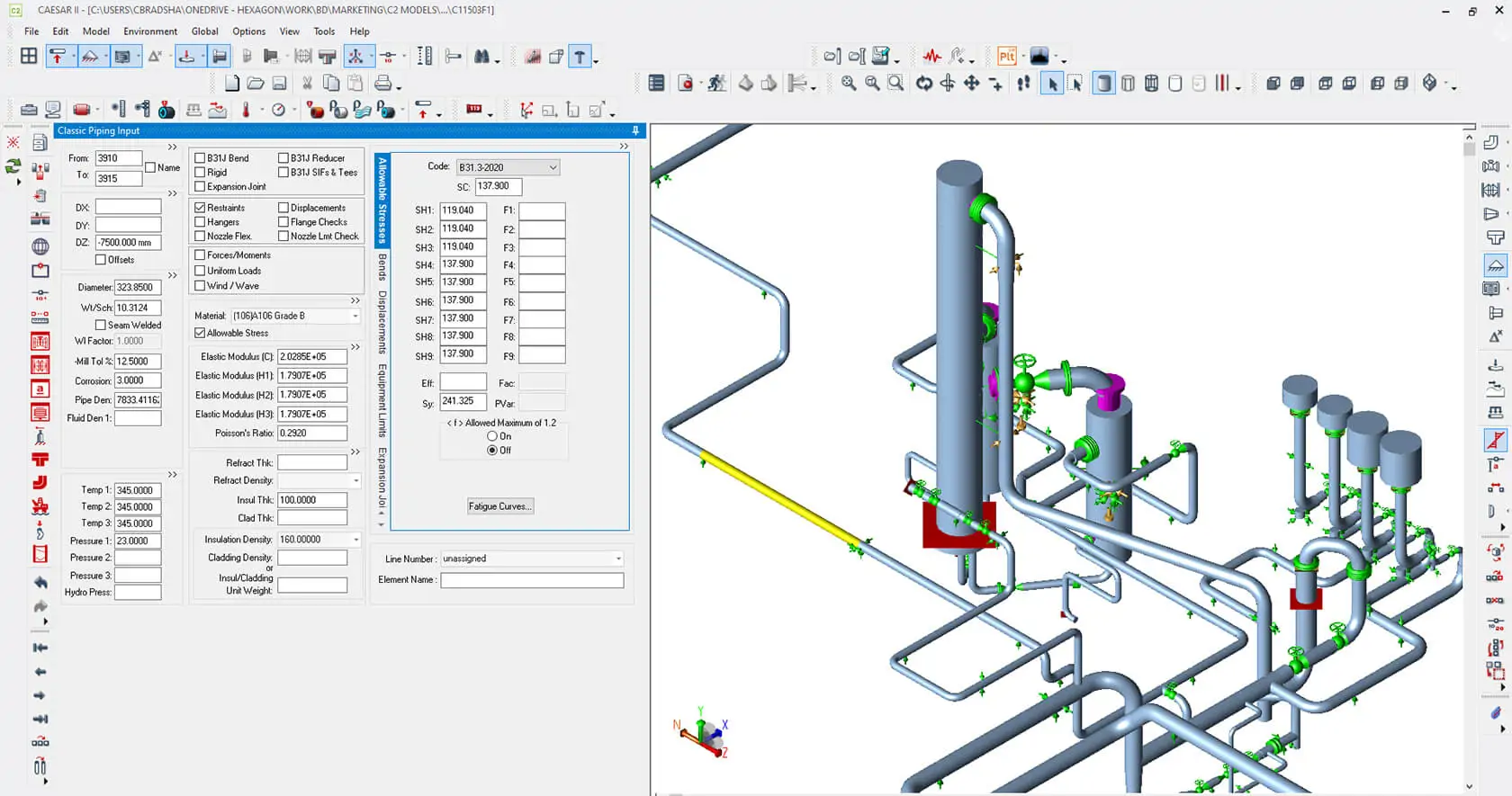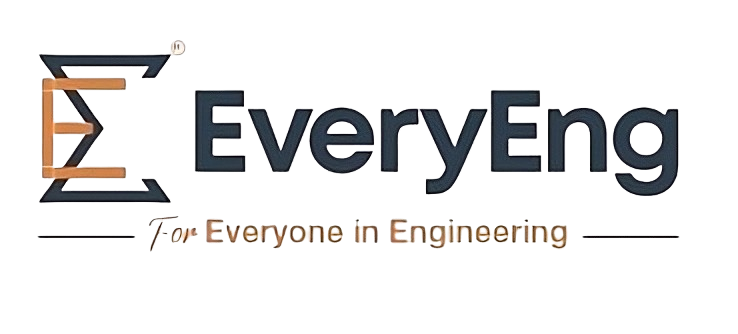Pipe stress analysis is one of the most critical activities in piping engineering. Critical piping routes must be studied with proper details to ensure the piping systems perform their intended work throughout their design life without failure.
This course is perfect for any engineer interested in starting a career in piping stress analysis. Even piping layout engineers can learn the basics of pipe stress analysis using these step-by-step lectures. Most of the information related to piping stress analysis is organized in this course.
This course is designed to guide you through the pipe stress analysis process - using CAESAR II software developed by Hexagon. One practical problem is taken as an example to help the users learn the complete process of Caesar II pipe stress analysis. Some of the theoretical backgrounds are also covered in the online course. The major subjects that are touched upon are:
What is Pipe Stress Analysis
Which Line Needs Pipe Stress Analysis
Preparing Critical Line List
Common Pipe Support in Caesar II
Pipe Stress Analysis Workflow
Pipe Stress Analysis Software Packages
Creating New Model
Inputs Required for Analysis
Modeling pipes, elbows, tees, reducers, flanges, valves
Adding Supports (Rests, guides, line stops)
Adding Trunnion Support
Adding Spring Hangers
Adding Wind and Seismic
Modeling Equipment Nozzles
Running Error Checker
Creating Load Cases for Stress Analysis
Reviewing Output Results
Code Compliance Check
Checking Sagging
Checking Support Forces
Checking Thermal Movements
Checking Occasional Movements
Optimizing Supports
Optimizing Pipe Routes
Checking Nozzle Loads
Caesar II pipe stress analysis course is indispensable for ensuring the integrity and safety of piping systems. Caesar II, a leading software tool used for pipe stress analysis, enables engineers to evaluate the structural performance of piping under various operating conditions. This kind of analysis is crucial because it helps in identifying potential issues such as excessive stress, vibration, and thermal expansion, which can lead to catastrophic failures if left unaddressed. The course provides a comprehensive understanding of how to effectively use the software to simulate and analyze the behavior of piping systems, ensuring that they meet industry standards and regulations. Without such training, engineers may struggle to interpret complex results, leading to flawed designs or overlooked critical issues that could jeopardize the safety and functionality of the entire system.
Furthermore, the complexity of modern industrial processes and the stringent regulations governing them make it essential for engineers to be proficient in Caesar II pipe stress analysis. The course covers a range of topics, including load calculations, support design, and dynamic analysis, equipping professionals with the skills to handle intricate piping layouts and varying operational scenarios. By mastering these concepts, engineers can prevent costly design mistakes and maintenance issues, ultimately saving time and resources. The course also emphasizes best practices for documentation and reporting, which are vital for compliance with regulatory standards and for maintaining clear communication among project stakeholders. In an industry where precision and reliability are paramount, a thorough understanding of Caesar II through specialized training is not just beneficial but necessary for ensuring successful project outcomes and the longevity of piping systems.

























